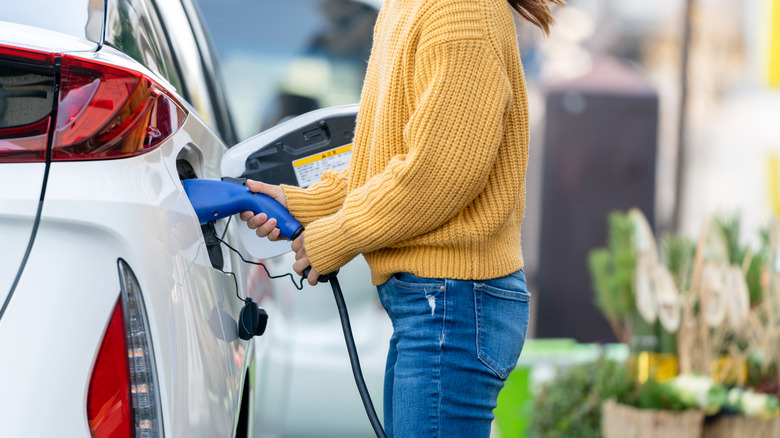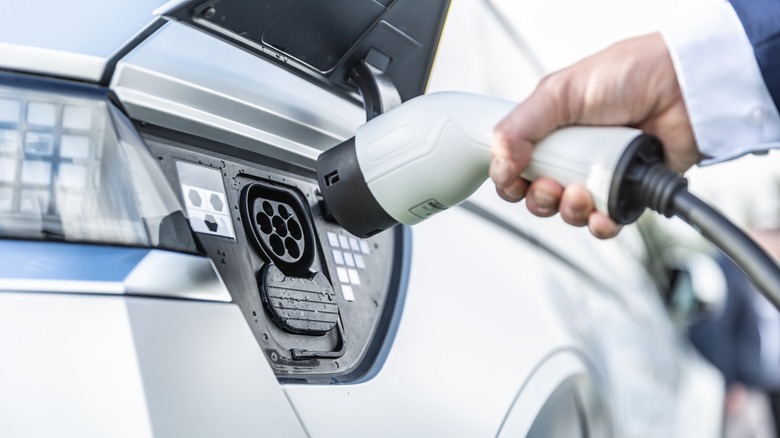These 7 Automakers Are Teaming Up To Build A Huge Tesla Supercharger Rival In The US
In a major fillip to the EV charging network in the U.S., a consortium of seven major automobile brands have come together to create a new EV charging network that could rival Tesla's. The new charging network — which doesn't have an official name yet — is backed by a consortium of automakers that includes serious players BMW, General Motors, Honda, Hyundai, Kia, Mercedes-Benz, and Stellantis.
A joint press release issued by the consortium indicates that they intend to set up more than 30,000 charge points across North America in the next few years, with the first charge stations likely to go operational by the summer of 2024. The first of these charging stations will be deployed in metropolitan areas and along major highways across the U.S. before proliferating elsewhere.
The group has also confirmed that these charging stations will have plugs compatible with Combined Charging System (CCS) and North American Charging Standard (NACS), the two major EV charging standards operational in the U.S. The network will also be brand agnostic, and will support all types of EV's sold in the U.S. as long as they use one of those two ports.
Despite being the newest kid on the charging network block, the consortium aims to become the leading network of charging stations across North America.
What does this mean for EV drivers?
The entry of a new player in the charging network segment in the U.S. will be seen as a welcome move by EV users across the country. This is hardly surprising, given how common it has become for them to wait for extended periods of time before they could access an open charging slot. Additionally, with a sharp rise in the sale of EVs, there is no denying that the country needs a lot more charging stations in the future, which is precisely the problem the new consortium aims to address.
Like many other EV charging stations in existence today, the upcoming charging network will have amenities such as restrooms, food service, and retail operations. Each charging station will also have multiple high-powered fast chargers that can fill an EV's batteries to about 80% in 30 minutes or less. Additionally, overhead canopies will be available at all stations, where possible, to provide shade and protection from the elements.
What remains to be seen is to the length of time it would take for the consortium to reach its current target of installing 30,000 plus charging points. Tesla currently has over 17,000 Superchargers in operation in the U.S., and has recently announced plans to open to a wide range of competitor EVs rather than limit those stations to drivers of the automaker's own models.

